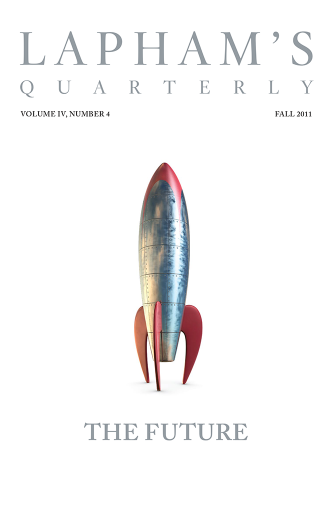Your elder sisters have stayed at home;
your elder brothers have been ordered away.
So you, my little boy, my little girl—
we will go along together, chat together.
At midday you will eat before me;
at night we will rest in the same place.
Facing the dark, we shall have lamps and tapers;
struck by cold, we shall have tattered cotton.
In years gone by I saw poor children—
wandering in the capital, with no place to go.
Then there was that naked man, a gambler—
everyone calling him Namusuke.
And the barefoot woman playing the harp—
the townsmen calling her Comptroller’s Daughter.
Their fathers were all of the nobility,
men who had their portion of wealth.
In the past, gold was to them like sand—
and now they haven’t even enough to eat.
Compare your lot with theirs, my children—
and Heaven’s treatment will seem most kind.
Translated by Steven D. Carter. © 1991 by the Board of Trustees of the Leland Stanford Jr. University. All rights reserved.
“To Console His Little Children.” Having served in various governmental capacities and as a professor of Chinese literature, Michizane reached the pinnacle of his career in 899, becoming the minister of the Right. Two years later, in response to slanderous attacks, he was demoted to a governor-general posting on the island of Kyūshū. Summarizing the effect of the exile, Michizane wrote, “But now a thousand words are of no use to me; / I can do no more than sigh and weep.” Some Japanese chronicles list his cause of death, in 903, as a broken heart.
Back to Issue



